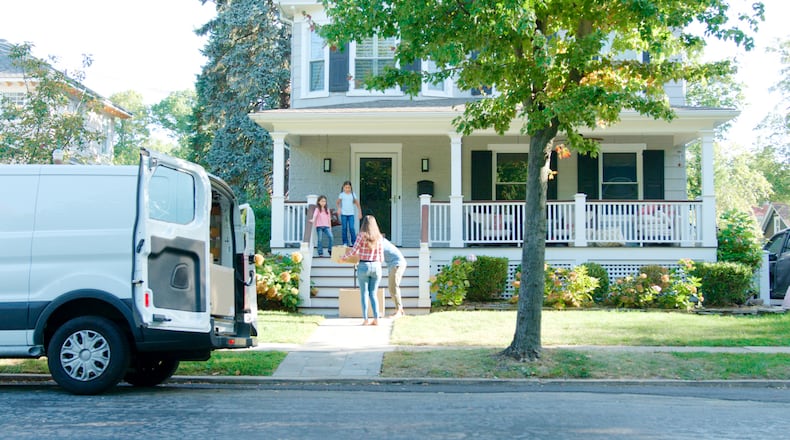Across Ohio, median home prices continue to rise modestly while inventory remains tight, especially in metro areas like Cleveland, Columbus, and Cincinnati. Homes are often selling in under two months, with buyers adapting to mortgage rates that hover around 6.3% nationally and similar levels locally.
“Buyers have had to think differently about timing and financing,” said Jimmy Lynch, a realtor in Nashville’s competitive housing market, where homes average about 66 days on the market and rates sit near 6.7%. “It’s better to buy when rates are higher and purchase prices are lower. You can always change your rate, but you can’t change what you bought it for.”
Focus on financial readiness, not market timing
Mortgage rates and home prices will always fluctuate, but experts say the best time to buy is when your finances are ready, not necessarily when the market looks better. That means paying down debt, having a solid emergency fund, and saving a strong down payment.
Most planners recommend a down payment of at least 5-10%. According to an article on fidelity.com, a 20% down payment is ideal to avoid private mortgage insurance (PMI), and it can also save you a significant amount of money in borrowing costs over the life of the loan. But the articles states in most cases, you may be able to put down as little as 3%.
Get creative with strategy
With higher rates and fewer listings, buyers are leaning on creative tools and negotiations to make homeownership possible. Adjustable-rate mortgages, temporary rate buydowns, and seller concessions are helping first-timers stretch their budgets.
“Sellers are willing to pay more concessions at closing because properties are sitting on the market longer,” said Lynch.
In addition, some buyers are widening their search – considering smaller homes or properties that need light updates – to stay within budget while building equity.
“I’ve noticed new buyers are focusing more on what they can afford,” Lynch said. “Townhomes and low maintenance seem to be a direction for many.”
Strengthen credit and get pre-approved
Your credit score still plays a major role in your buying power.
A higher score can unlock lower interest rates and better loan terms, a crucial advantage when borrowing costs are high. Experts recommend checking your credit early, paying down debt, and avoiding major purchases before applying for a mortgage.
Getting pre-approved is also critical in a competitive market. It not only shows what you can afford, but it shows sellers you’re serious, which can make the difference when offers are coming in quickly.
Keep perspective and stay patient
The path to homeownership can feel frustrating, especially for first-time buyers juggling high prices and interest rates. But as Lynch reminds his clients, market conditions are temporary.
“They’re like a teeter-totter – you don’t get low rates and low prices,” he said. “Date the rate, marry the purchase price, because your money is made on the purchase price.”
This kind of long-term thinking helps buyers keep emotions in check and focus on what really matters – finding a home that fits their needs and budget now, knowing they can refinance when conditions improve.
The bottom line
Higher rates and limited inventory may make today’s housing market feel daunting, but preparation, patience and strategy are key. Whether it’s negotiating seller concessions, improving credit, or adjusting expectations, first-time home buyers are finding ways to make it work.
Interest rates may rise and fall, but the fixed variable is finding a place to call home.
Content Creator Brooke Bunch may be reached at brooke_bunch@yahoo.com.
About the Author

